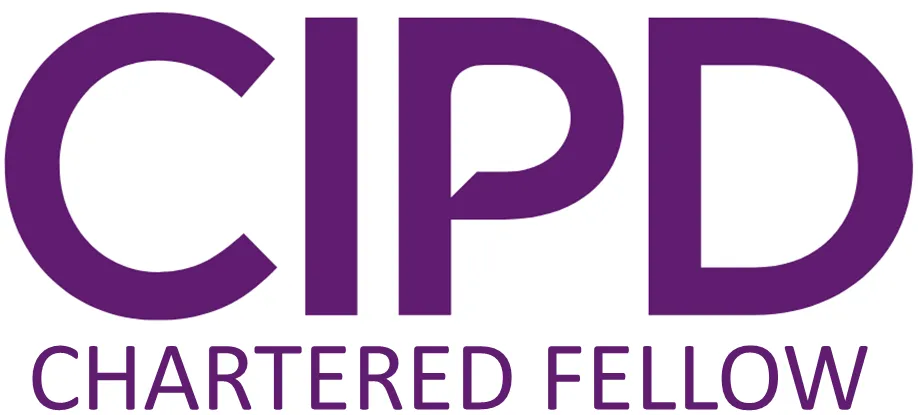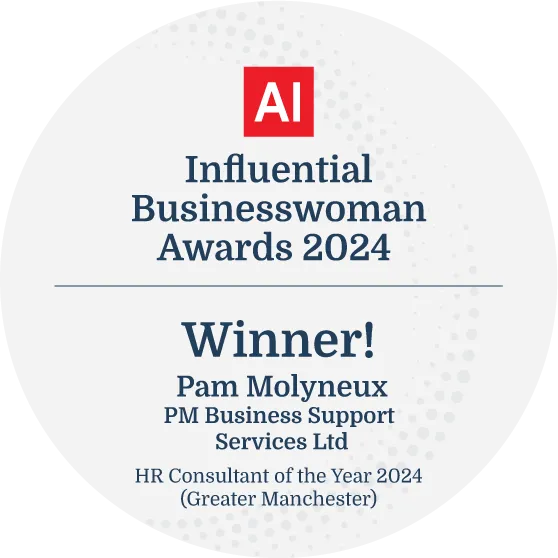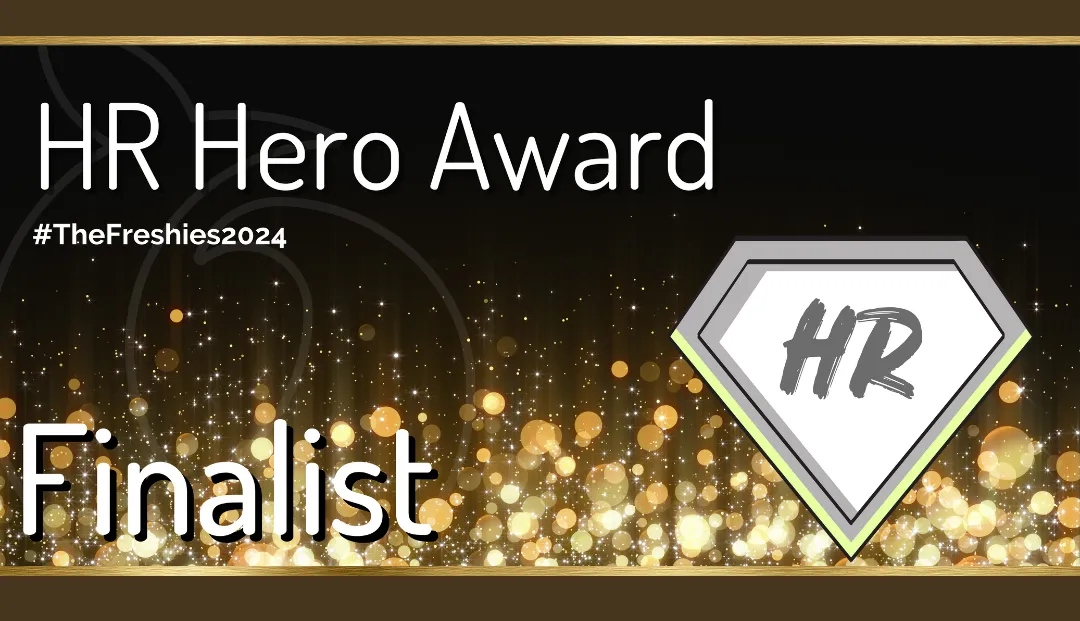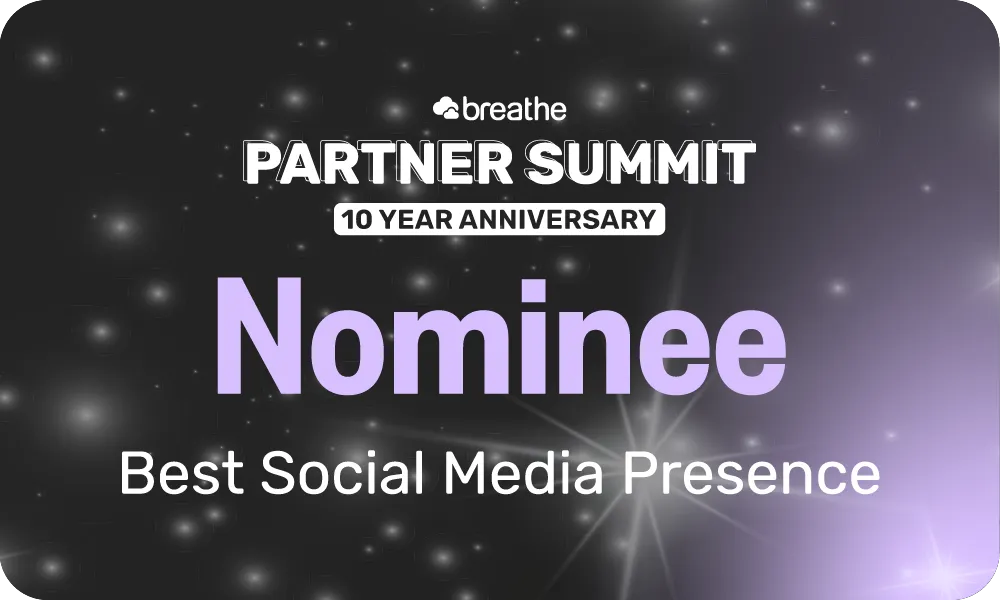Read Our Latest Blogs
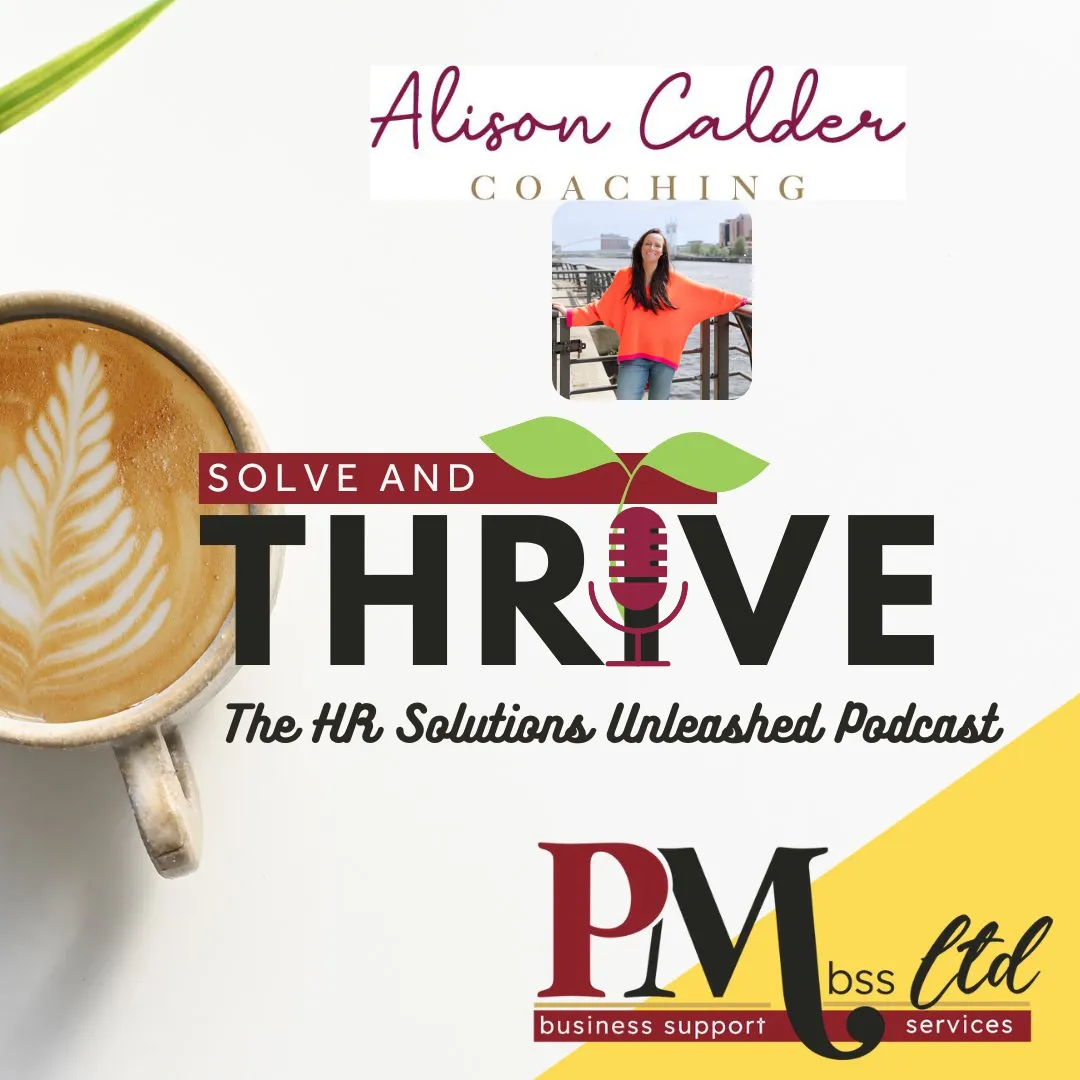
Managers, how you can support an employees relationship with alcohol
As a manager, you are responsible for fostering a workplace culture that ensures the well-being of your employees. An area that arises is supporting employees through difficult situations and whilst this can be a complex and sensitive topic, having the right approach can make all the difference in providing effective support and maintaining a safe and productive work environment.
In this Solve & Thrive episode, we focus on how as a manager you might support an employee and their relationship with alcohol. This is an issue that can impact performance, workplace culture, and the well-being of individuals. Alcohol-related challenges often come with stigma, making it even more crucial to have clear policies, effective communication, and a supportive approach.
From a legal standpoint, UK employment law requires employers to ensure a safe working environment under the Health and Safety at Work Act 1974. This means that if alcohol use is affecting an employee’s performance or workplace safety, managers need to act appropriately. The Equality Act 2010 also comes into play if alcohol dependency is linked to an underlying health condition or disability. Guidance from ACAS and CIPD emphasises the importance of clear workplace policies on alcohol use, employee support mechanisms, and fair treatment in any disciplinary processes.
So, as a manager, how can you take action? Let’s bring it back to the five basic management principles:
Know your company’s policy and procedure – Ensure you fully understand your workplace policies on alcohol and employee well-being. Do you have an Employee Assistance Programme (EAP)? What is your organisation's stance on alcohol consumption at work-related events? Being informed allows you to guide employees effectively.
Gather the facts: Who, what, when, why, where, and how? – If an alcohol-related concern arises, take a fact-finding approach rather than making assumptions. Understand the situation fully before making decisions.
Communicate effectively using RACI (Responsible, Accountable, Consulted, Informed) – Handling sensitive topics like alcohol requires clear, structured communication. Ensure the right people are involved in conversations and that support is the first step.
Align with organisational values – Consider how your approach reflects the values of your organisation. Are you fostering an environment where employees feel safe to seek help? Ensuring alignment with company culture makes policies more effective and trusted by employees.
Look after yourself – Dealing with alcohol-related concerns in the workplace can be emotionally demanding. Seek guidance where necessary, use HR or external resources, and ensure you are maintaining your own well-being.
In this episode, we talk to Alison Calder from Alison Calder Coaching. Alison is an alcohol-free coach and mentor who works with individuals and organisations to help people change their relationship with alcohol, whether that’s cutting down, taking a break, or stopping completely.
Alison shares 5 top tips on how managers can support their employees in making informed choices and fostering a workplace culture that prioritises wellbeing:
1. Keep stress at a manageable level
Employees often use alcohol as a coping mechanism for workplace stress. Managers should aim to create a supportive environment where employees don’t feel overwhelmed. While workload management isn’t always possible, ensuring employees feel heard and valued can prevent the need to "escape" through drinking.
2. Make wellness a priority
Alcohol consumption is often normalized in workplace conversations and social settings. Shifting the organizational culture to prioritise wellness—such as encouraging healthier habits, introducing workplace challenges like Dry January or Sober October, and incorporating conversations about mental and physical wellbeing—can have a positive impact on employees' choices.
3. Lead by example
Managers set the tone for workplace culture. Instead of discussing excessive drinking or normalizing hangovers, leaders can model healthier behaviors, such as discussing positive activities like exercise, mindfulness, or non-alcohol-related social events. This approach helps to foster a culture where wellbeing is prioritized over social drinking norms.
4. Ensure social events aren’t all alcohol-focused
Work events often revolve around alcohol, creating pressure for employees to drink. Organizations should consider diverse event options that don’t center around drinking, such as adventure days, wellness activities, or afternoon teas. Additionally, providing high-quality alcohol-free alternatives ensures inclusivity. Thoughtful gifting, avoiding defaulting to alcohol as a present, also contributes to a more inclusive environment.
5. Create a safe environment for employees to share concerns
Managers should foster open and stigma-free conversations around alcohol use, much like they do for mental health and menopause. Employees should feel safe to discuss struggles without fear of judgment. Signposting to positive psychology coaching, employee assistance programs (EAPs), or peer-led wellness ambassadors can provide support. Encouraging open discussions removes stigma and normalizes healthy choices.
Head on over to spotify to listen to the episode or you can see us on Youtube
Resources to help raise awareness on the law & on good practice:
Here are some resources from leading HR and management organisations:
Guidance for managing drug and alcohol misuse at work | CIPD
Alcohol in the workplace | Alcohol Change UK
Managing drug and alcohol misuse at work - Overview - HSE
Alison's background:
All the important links to find Alison: Alison Calder Alcohol Free Coaching
Thank you, Alison, for sharing your knowledge & top tips – there is lots that can be done in creating alcohol-aware workplace culture, and managers play a crucial role in fostering a more mindful, inclusive, and supportive working environment.
What small change can you make today to support a healthier workplace?





